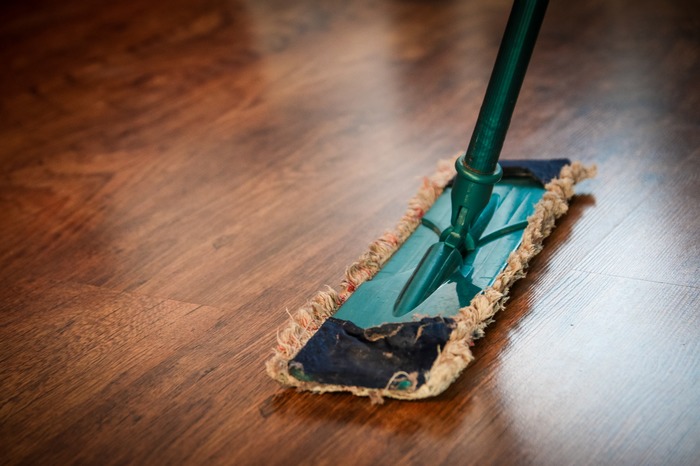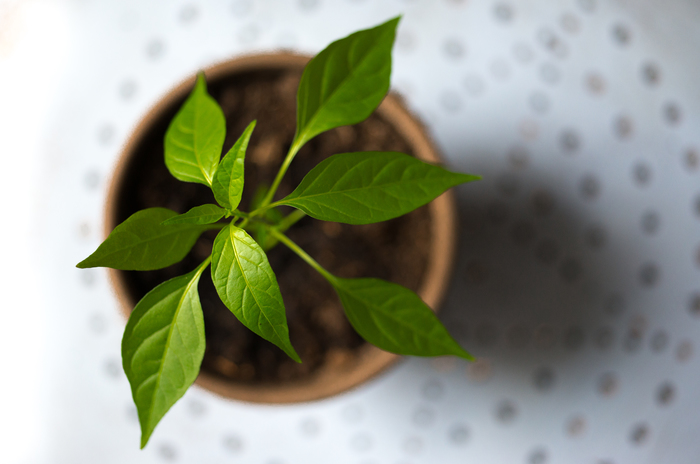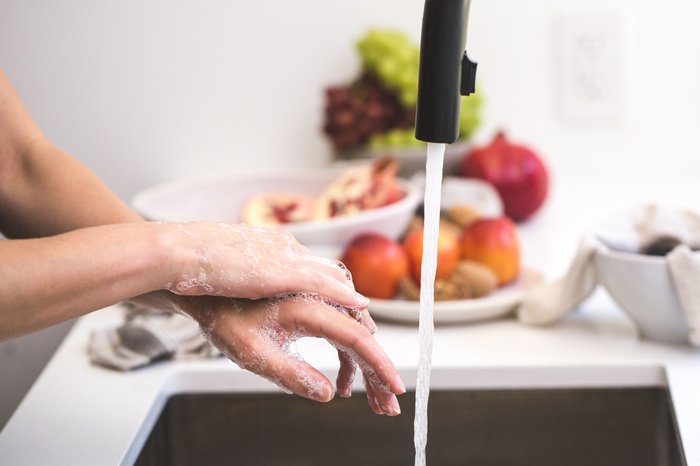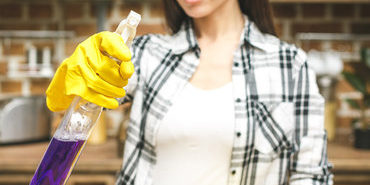The topic of safe household cleaners is hot on everyone’s lips at the moment. What chemicals should we be exposing our household to? What chemicals are truly safe?
In recent celebrations during the holiday season the argument was finally ignited.
It was to be expected, really.
The disagreement has bubbled away in the background of family gatherings for a long time. And whilst we all agreed that we should be doing all we can to protect the environment as well as our family’s health, we had different ideas about what constitutes a ‘safe’ chemical.
It became obvious within a few hours that there was a considerable lack of understanding about chemical terminology. When we don’t understand chemicals properly, we can easily become misguided about what we consider to be the best type of cleaner.

Buying green cleaners means I care for the environment… right?
Not exactly.
Just because a product is plant based or natural doesn’t mean it won’t have an adverse effect on our health or the environment.
In fact, citrus and pine oil-based products as well as coconut-based amine foaming agents may cause allergic dermatitis. Some naturally based dish washing liquids have also tested positive for 1,4-dioxane, a suspected cancer-causing chemical.
However, with some clever marketing and catchy buzzwords, companies have convinced consumers that by using these products, they can consider themselves environmentally conscientious. Claiming they are made from natural, non-toxic, biodegradable raw materials makes them seem like an obvious alternative to the ‘hard stuff’.
If you’re concerned about a product’s ingredients, do your research and stay ahead of the game.

The truth about green cleaners
Some of these cleaning products have labels that state they only contain natural instead of synthetic agents. They say they break down quickly in the environment or are less of a toxic threat to humans and our ecosystem.
But the words ‘green’ and ‘natural’ are only marketing terms, not chemistry terms. Just by saying something is green and natural doesn’t automatically make the product safe.
The truth is, the whole market is unregulated. Manufacturers, green or otherwise, are not required to list all their ingredients on the label which leads to some interesting claims being made.
In one case, a green cleaner sold in New Zealand, which is based on a natural oil, claims it contains no chemicals. We find this fascinating as the oil itself is made up of some interesting chemicals!
Some products also claim to be CFC free.
Well, CFC’s have been banned for at least two decades anyway!
Many ‘natural’ products also contain white oil, a petroleum distillate and some even use ‘natural’ solvents presumably based on long chain alcohols.
Under the right circumstances, these would have some interesting side effects!

In the end, is going green really the better choice?
All petroleum based chemicals were originally organic plant based materials that have decomposed under great pressure over long periods of time. As a result, both synthetic and plant-derived products have the same carbon-based molecules modified with hydrogen, nitrogen and chlorine.
This suggests to me that basic synthetic building blocks are just as safe as the plant-derived ones and that it’s the downstream ones that are the issue, regardless of source.
Concerns about health, healthy homes and the environment are always valid and there are some extremely good alternatives for those who worry about it. But it’s important to keep in mind that the so-called ‘green, natural, and biodegradable’ labelled products are not always what they appear to be.

When it comes to chemicals, we know our stuff.
The highest standard of environmental care is at the forefront of our staff training and our goal is to have as little impact on the environment as possible across all of our services.
If you’re looking for a comprehensive clean of your industrial space while keeping your environmental conscience in check, call us today!
